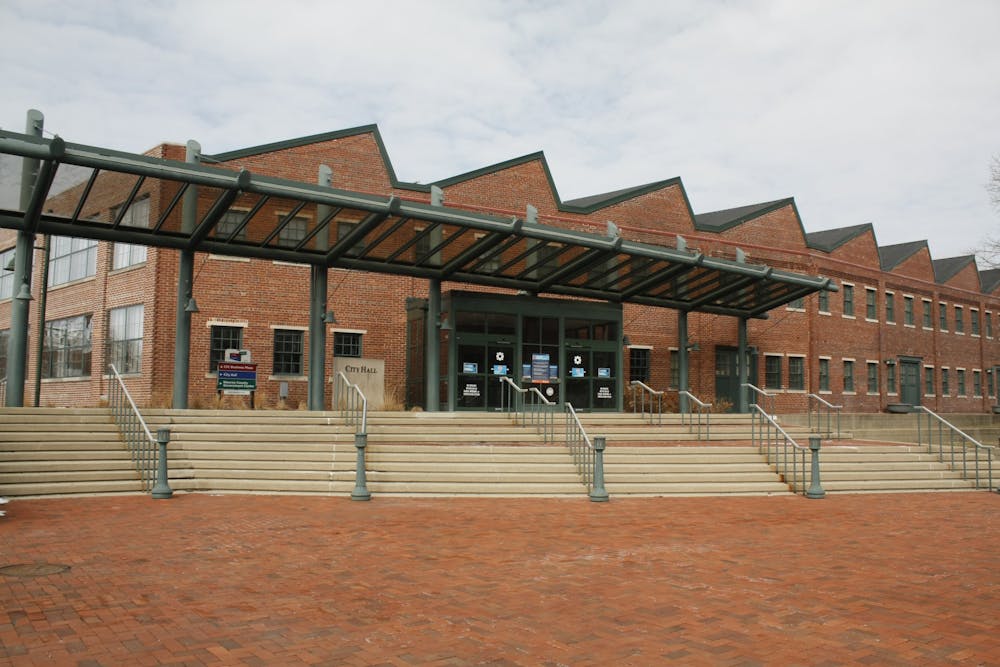The City Council hosted a regular session at 6:30 p.m. last night. In this meeting, the committee discussed environmental conservation and pollution. They also spent a considerable amount of time talking about municipal codes.
Most comments made by council members and citizens focused on environment preservation and the repercussions related to group practices in transportation and lawn maintenance. Regarding municipal codes, the council exchanged views on the implications of code changes in terms of affordable and sustainable housing.
There were several items on the agenda, including a council report where councilmember Stephen Volan made remarks about a coalition against bigger trucks which proved dangerous to civilians using the same roads.
In his report, Volan said he supported the coalition because they were trying to fight laws that allow larger tractor-trailers on roads not designed for them.
He also presented several statistics on pedestrian and cyclist fatalities that correlated with large SUVs and pickup trucks.
“We’re all responsible for the vehicles we put on the road and how we handle them,” Volan said in his closing remarks. “It’s an issue of our time and I would ask everyone to rethink their assumptions about motorized vehicles.”
Following the council reports, Ben Sharaf presented the Bloomington Habitat Connectivity Plan on behalf of the Bloomington Environmental Commission, which is a voluntary commission that works to advise the city on environmental preservation.
Sharaf spoke of five recommendations which included prioritizing the habitat’s potential and connectivity to neighboring areas when making land-use decisions as well as creating more green spaces to connect isolated areas of the Bloomington habitat.
He said the lack of green spaces was problematic and therefore a priority in the Connectivity Plan.
Sharaf also said the commission will work to connect high and low areas of green space and talk to public landowners according to a modified map to connect the land of Bloomington and plant natural species as much as possible.
Five people spoke about communal resources, the cost of housing and gas-powered lawn equipment after Council President Susan Sandberg opened the floor to public comments.
The council voted on six ordinances. Most were voted unanimously to pass including Resolution 22-11, a resolution about implementing a union agreement between the City of Bloomington and the Fraternal Order of Police.
City attorney Mike Rouker gave an update on this issue, saying that the FOP agreed on the new terms of pay and the final step was for the council to vote on the collective bargaining agreement. Passing this resolution meant increasing investments in public safety and providing greater benefits to FOP members such as a 23.3% increase in base pay for officers first class.
The contract in question is applicable for 2023-2026 and discusses several positive salary adjustments that also affect pension plans.
Multiple people supported the legislation in both the public comments and the council. Paul Post, the president of the Fraternal Order of the Police in Bloomington, said the union agrees to the terms and will try to address the staff losses with the incentives. Councilmember Sandberg thanked everyone involved and councilmember Dave Rollo said he was very pleased with the agreement and would like to see the city in the top tier in terms of benefits and pay.
Other ordinances that passed discussed Title 20 of the Bloomington Municipal Code. The City’s Department of Planning and Transportation summarized and fielded several questions regarding typographical errors and amendments to the title.



